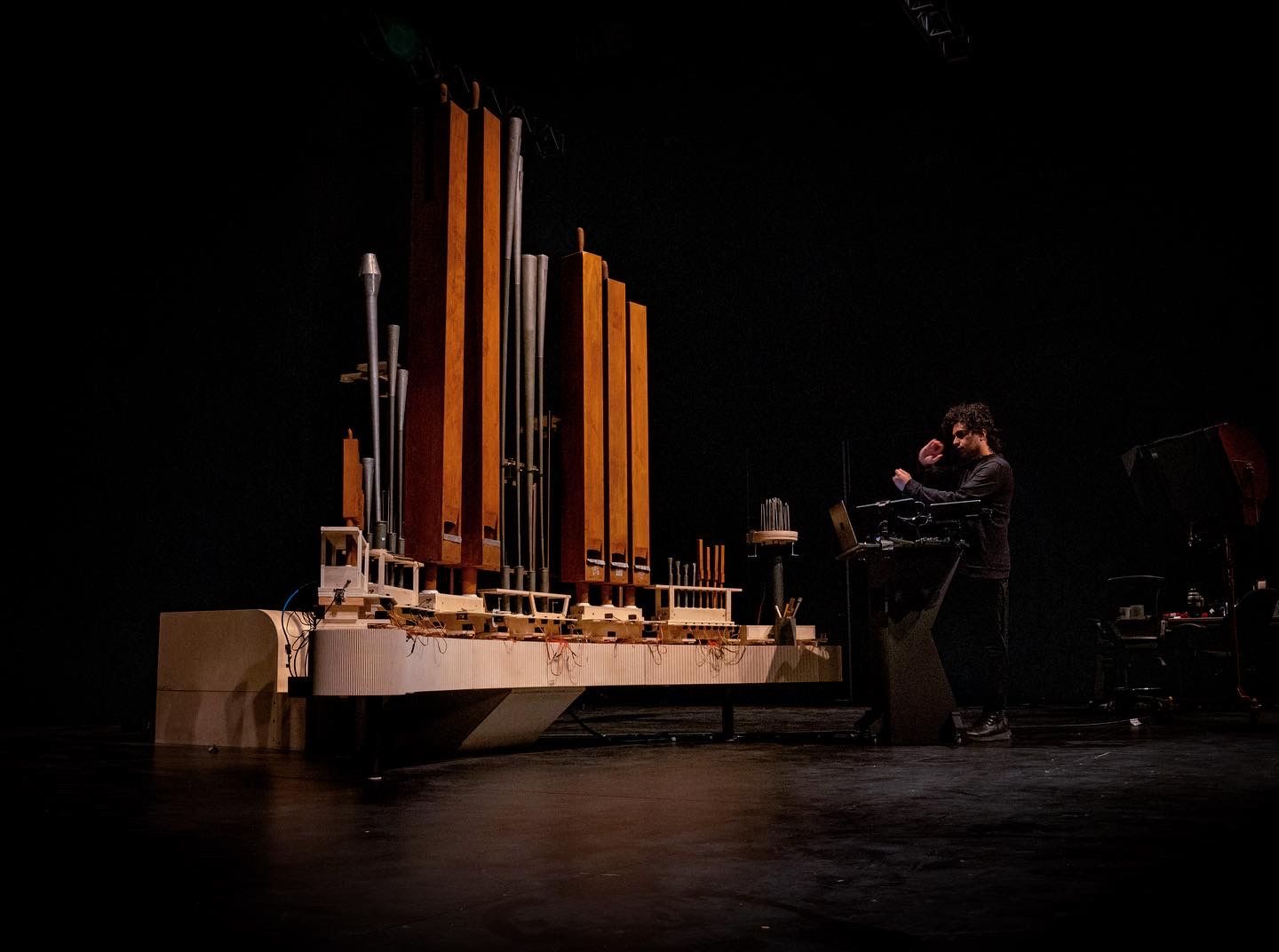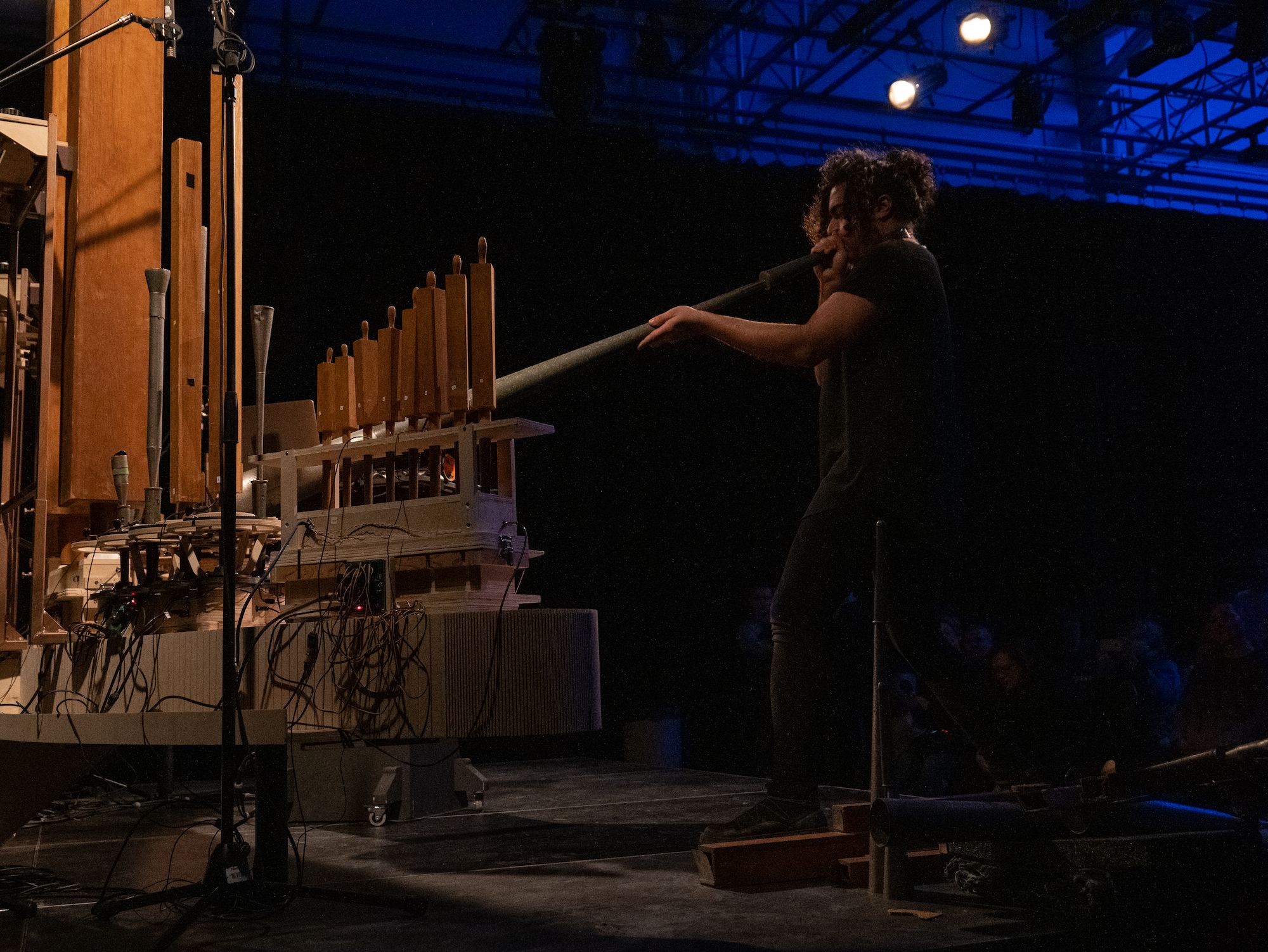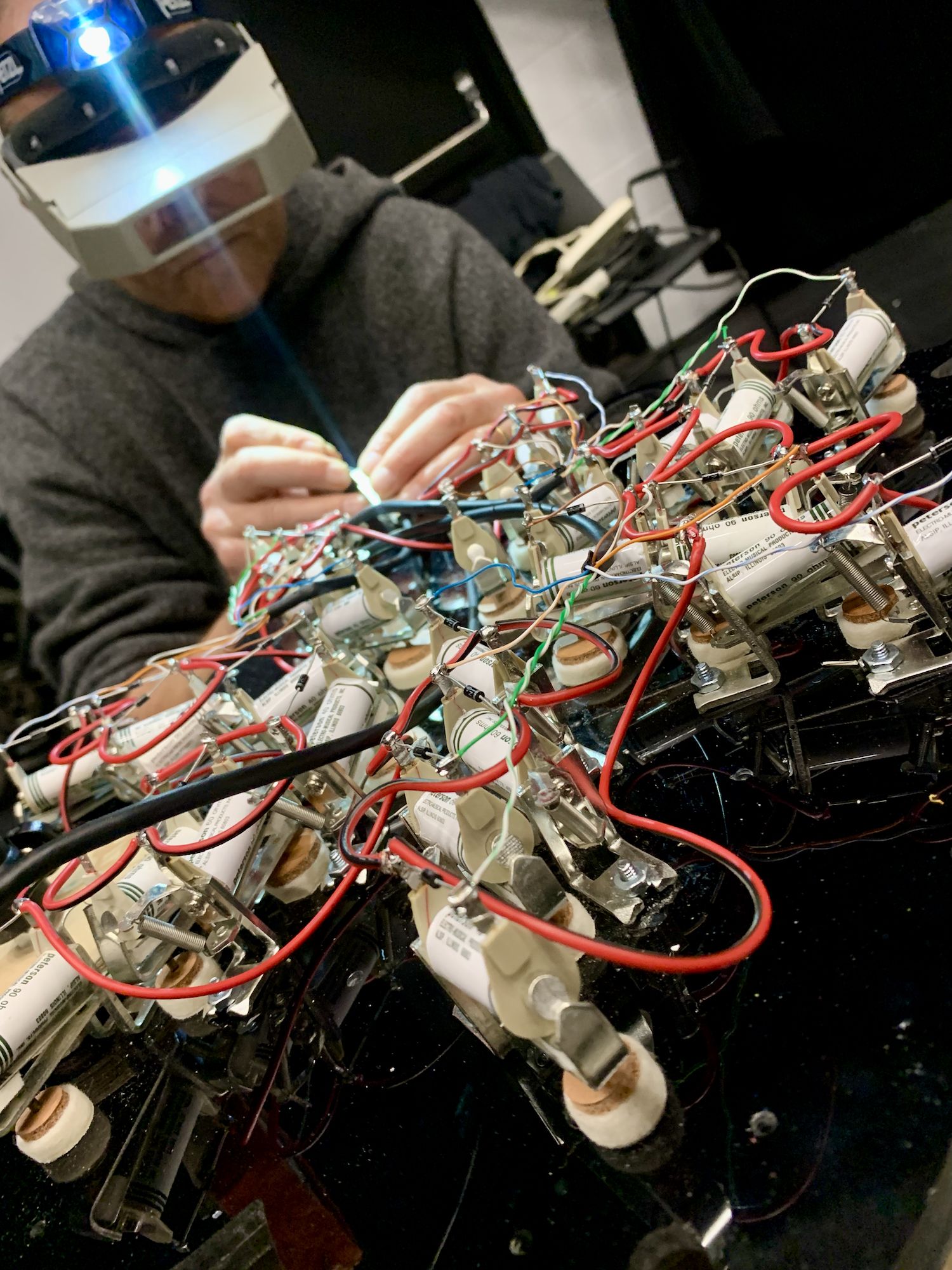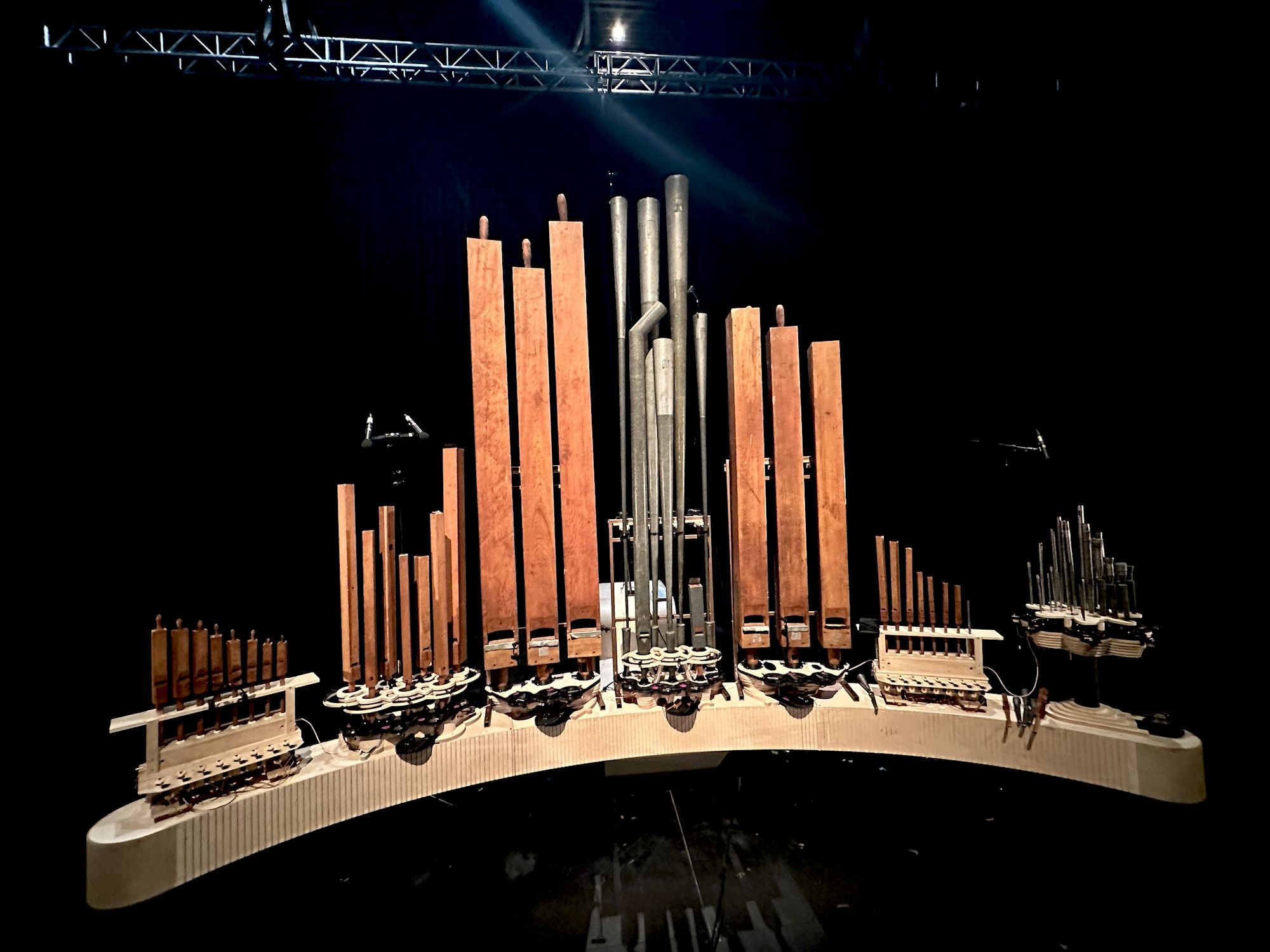
The meaning of ‘Home’ has become a paradox whether looking at it as a house, desperately settled by things of objects, through its architectural forms and functions [Figure II, III], or looking at it as an abstract space without shells, populated by humans and non-humans, opened and became habitable by objects [Figure IV]. As mentioned by Coccia, from now on, staying at home should simply mean “staying where you give life to everything and everything gives life to you”. He also examined home as a universal kitchen, a kind of shared laboratory in which we attempt to create ourselves, discover the right combination, and manufacture shared bliss. Within a bigger image, the new city could be seen as a massive chemical recipe in which humans strive to create an elixir of life by combining things and themselves with every existing object. Ultimately, envisioning the house and the city as the great kitchens means to get rid of patriarchal relationships and transform them into a space of care, not just in the form of nourishment. This can simply be rendered in the following sentence, “Home is only where there is care for something and someone”.







